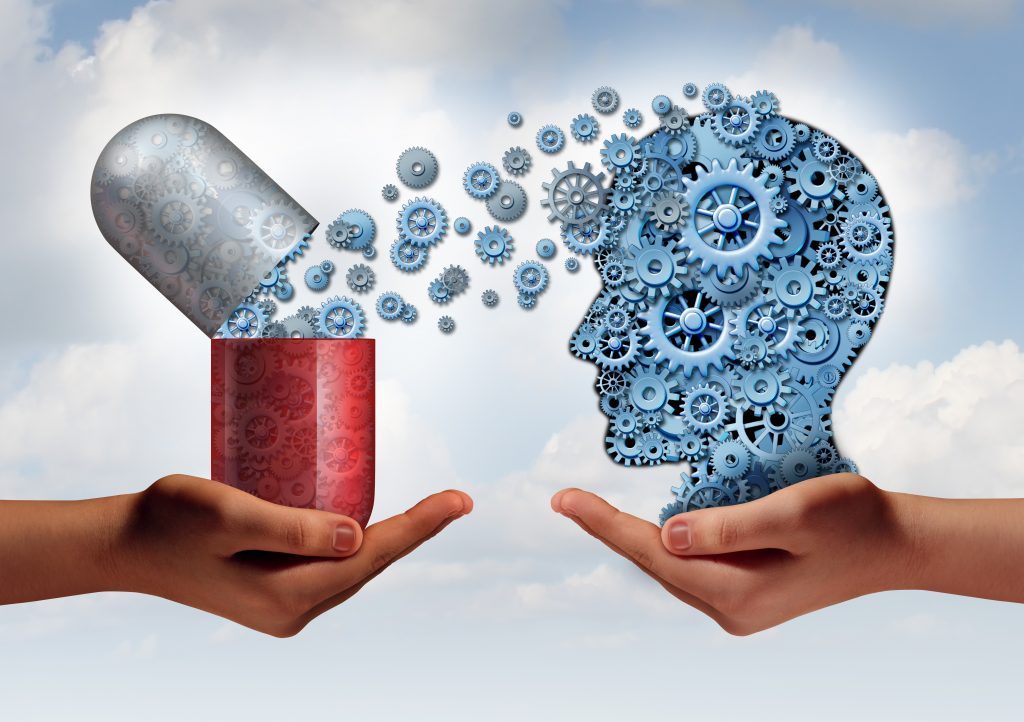Frequently asked questions about addiction, recovery, and Medication-assisted treatment.
What are opioids?
Opioids are synthetic, laboratory-created drugs derived from naturally occurring alkaloids in the opium poppy. They are prescribed as analgesics, or pain-killers. The most common opioids are methadone, oxycodone, hydrocodone, hydromorphone and fentanyl.
What are signs of opioid addiction?
Someone struggling with an opioid use disorder may not show signs right away. Over time, there may be some signs they need help.
Changes in sleep habits, weight loss, flu-like symptoms and decreased libido may be physical signs they are struggling. Changes in the way they act — such as cutting off relationships with family or friends, spending too much money, stealing, changes in exercise habits or not bathing — may also be signs.
Is addiction to opioids chronic?
Misuse of opioid prescription painkillers and/or heroin may cause changes in the chemistry of the brain, which can lead to opioid dependence.
Like other chronic diseases, opioid dependence can be treated. One option for treatment is to use medication, counseling, and behavioral therapy together.
Does everyone who uses pain pills get addicted?
Not everyone who uses drugs (prescribed or otherwise) becomes dependent. Risk factors for dependency may include genetic or environmental factors, behavioral issues, or other conditions, such as anxiety and depression.
What is Medication-Assisted Treatment (MAT)?
Medication-assisted treatment (MAT) is primarily used for the treatment of addiction to opioids such as heroin and prescription pain relievers that contain opiates. The prescribed medication operates to normalize brain chemistry, block the euphoric effects of alcohol and opioids, relieve physiological cravings, and normalize body functions without the negative effects of the abused drug.
Is Medication-Assisted Treatment (MAT) effective?
Research shows that a combination of medication and therapy can successfully treat substance-use disorders and, for some people struggling with addiction, MAT can help sustain recovery. Learn about many of the substance use disorders that MAT is designed to address.

